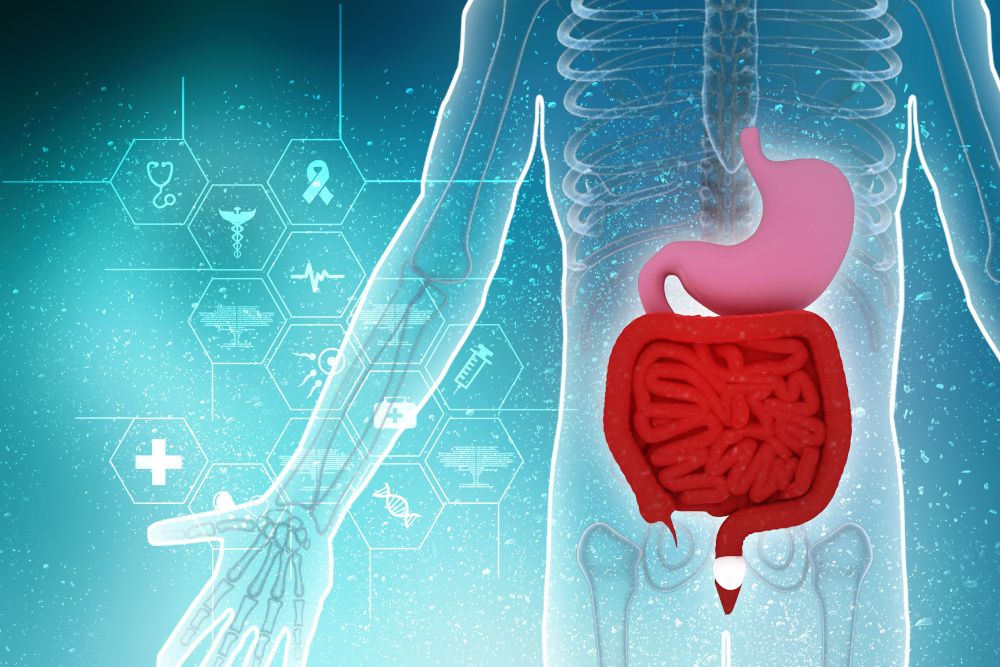AstraGin, a branded astragalus-ginseng ingredient blend, supports gut health in ulcerative colitis patients, early study shows
Study researchers found that AstraGin supplementation improved intestinal barrier integrity, helped promote healthy microbiota in the gut, and helped decrease harmful bacteria populations, among other benefits.
AstraGin, a branded ingredient derived from Astragalus membranaceus root and Panax notoginseng root and supplied by NuLiv Science (Brea, CA), was shown in a new human clinical trial to support numerous areas of gut health in ulcerative colitis patients. The study is now published in the Journal of Biochemistry and Biotechnology.1
In previous research, supplementation with AstraGin has been shown to increase the body’s absorption of nutrients such as amino acids, omega-3s, creatine, and hemp cannabidiol. Now, it’s also showing it may help promote a healthy gut environment.
The new randomized, double-blind parallel study was conducted on eight ulcerative colitis patients aged 20-80. Before breakfast and dinner each day for three months, patients were given either a placebo capsule or an AstraGin capsule. Patients underwent blood and fecal tests to gather data on plasma arginine, indicators of inflammation and appetite, and fecal microorganisms. In addition, they underwent a leaky gut test, and their colonic tissue was examined.
In AstraGin subjects, researchers observed “notable increases” in good gut bacteria, including a 420% increase in Faecalibacterium prausmitzii and a 180% increase in Bifidobacterium adolescentis. Both play crucial roles in gut health, the company says.
AstraGin supplement was also shown to significantly decrease growth of harmful bacteria, resulting in a 98% decrease in Prevotella and “mitigating Enterobacteriaceae with a mere 14% increase compared to a 614% increase observed in the placebo group,” the company’s press release reports.
Finally, AstraGin may enhance the body’s immune response. In the study, AstraGin subjects saw an 11% increase in neutrophil cells and a 20.5% increase in lymphocyte immune cells. AstraGin supplementation also improve absorption of L-arginine compared to the control group, and AstraGin subjects also experienced a positive impact on the appetite hormone ghrelin which can be affected by gut health challenges.
The company says these results show that AstraGin can support numerous aspects of gut health and call this a groundbreaking study. NuLiv Science CEO Richard Wang said in the press release, “The professors behind AstraGin explored multiple pathways on how AstraGin supports bioavailability. We’ve been down a rabbit hole of sorts the past seven years looking at different gut-related mechanisms. I know we’re still in the early stages, but the data is promising in that AstraGin supports a better intestinal environment.”
Reference
- Lin, C.P.; Yeh, Y.T.; Chiu, M.H.; Pan, T.Y.; Shen, Y.C. Effect of Astragalus membranaceus and Panax notoginseng extract on arginine absorption, intestinal permeability, microbiota population, immune activation, and appetite in subjects with ulcerative colitis: A pilot study. J Biochem Biotech. 2023, 6 (2), 138. DOI: 10.35841/aabb-6.2.138
